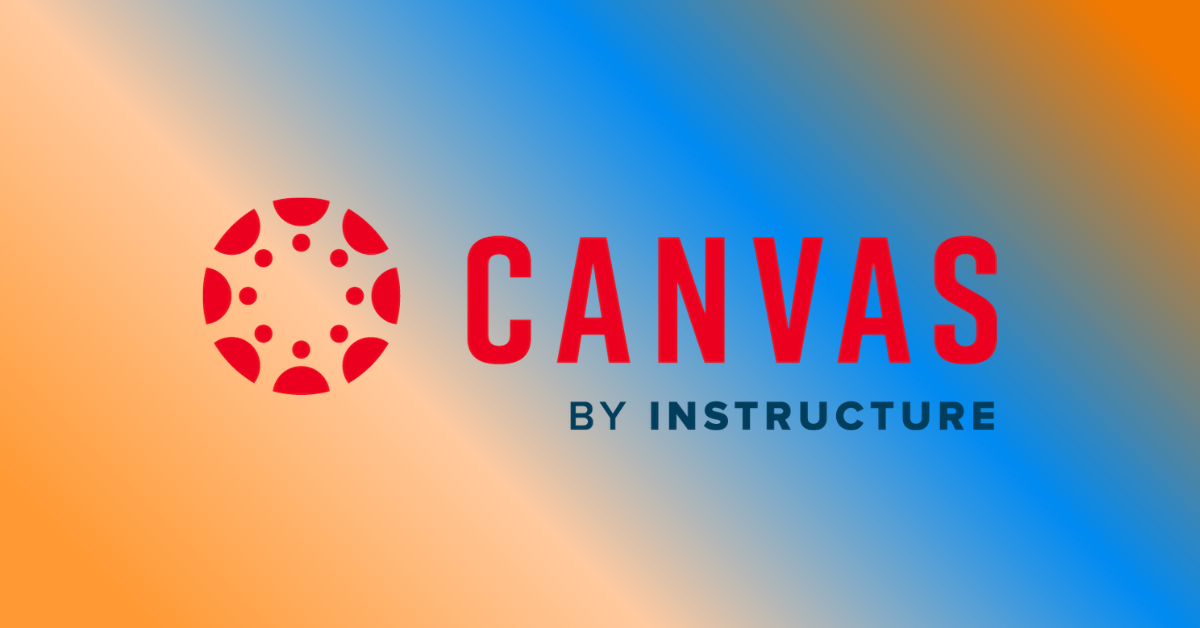Instructure Holdings, Inc., known for its Canvas Learning Management System (LMS), has released its annual global State of Student Success and Engagement in Higher Education report for 2023, conducted in collaboration with Hanover Research. The survey sheds light on the increasing trend among Filipino college students to pursue skills-based education, driven by the need to stay competitive in a rapidly evolving job market.
The report, encompassing insights from 17 countries and including responses from 571 students, administrators, and faculty in the Philippines, indicates that Filipino students are gravitating towards skills-based learning for various reasons. Top motivations cited by respondents include the desire to acquire new skills (77%), career advancement (68%), program flexibility (59%), and career readiness (56%).
As Filipino students exhibit a growing preference for courses that prepare them effectively for professional roles, higher education institutions are presented with an opportunity to adapt their offerings accordingly. The report highlights that students are particularly interested in skills-based opportunities such as certificates (43%) and apprenticeships (39%).
“Students today recognize that the modern workforce requires a diverse and rapidly adaptable skill set. As a result, they are opting for more flexible, skills-focused learning avenues that offer quicker routes to employment and a broader range of career opportunities. This shift highlights the importance of adaptability in educational institutions to offer micro-credentials and programs that align with the expectations of students and employers,” according to Harrison Kelly, Managing Director of the Asia Pacific region at Instructure.
Generative AI Integration in Education
The survey also delved into the integration of generative AI in the education sector, revealing a cautious acceptance of the technology among Filipino respondents. While 46% acknowledged the introduction of light guidelines on generative AI use, only 28% reported the presence of strict guidelines. In terms of training, institutions are providing step-by-step tutorials (46%) on the use of such tools.
Filipino educators find generative AI beneficial for creating content for their classes (62%), research and writing (56%), and personalized learning (53%). Conversely, students predominantly use generative AI tools, such as ChatGPT, for research and writing (83%), test preparation (52%), and language learning (47%).
Higher Education Trends & Challenges
The report identified the significant impact of technology on academic success, with 63% of students emphasizing the importance of technology availability and 62% highlighting their active use of technology resources. Additionally, 55% of respondents stressed the need for resources dedicated to technology training and support.
In response to evolving student needs, 65% of surveyed institutions reported incorporating Educational Technology (EdTech) solutions in classrooms, with LMS being the most prevalent (83%) for delivering course materials and offering vital support to students.
Despite these advancements, challenges persist, with 61% of students and educators identifying the cost of technology as the primary barrier to accessing and leveraging EdTech solutions. This aligns with the finding that 56% of respondents consider access to technology a significant factor affecting student engagement.
Beyond technological challenges, socioeconomic factors such as household income (53%) and psychological well-being (46%) were identified as influential elements affecting student engagement and faculty support. Notably, LMS is being utilized by institutions in the Philippines to connect students to in-person and virtual counseling (60%), support groups (52%), and well-being events (51%).
View the full report here.


